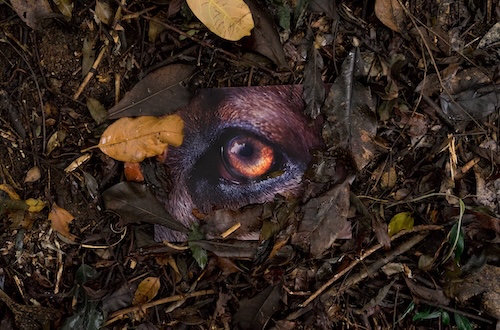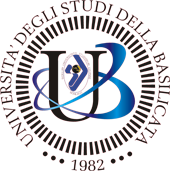
La pensée férale
Abstract
Feral are those animals that, having been domesticated, return to live in wildness. Brazilian Philosopher Juliana Fausto uses this biological concept to reinterpret Levi Strauss’ la Pensée Savage. In this famous book the french anthropologist proposed the possibility of a mind still untamed by western civilization. Fausto imagines one step further, questioning what would our thought become if we ever break the chains of domestication, liberate and decolonize our minds: It won’t be a savage thought, but may become a feral thought…La Pensée Férale is fruit of Steegmann Mangrané’s ongoing dialogue with the Brazilian philosopher, a work that blurs the division between animal and vegetal, object and subject, rendering uncanny images whose gaze interpellate us and reinforce that nature is not without sentience or feeling.
Keywords
Feral Animals, feral thought, visible/invisible.
DOI: http://dx.doi.org/10.12835/ve2024.2-162
Refbacks
- There are currently no refbacks.
ISSN Print 2499-9288
ISSN Online 2281-1605
Publisher Edizioni Museo Pasqualino
Patronage University of Basilicata, Italy
Web Salvo Leo
Periodico registrato presso il Tribunale di Palermo con numero di registrazione 1/2023


